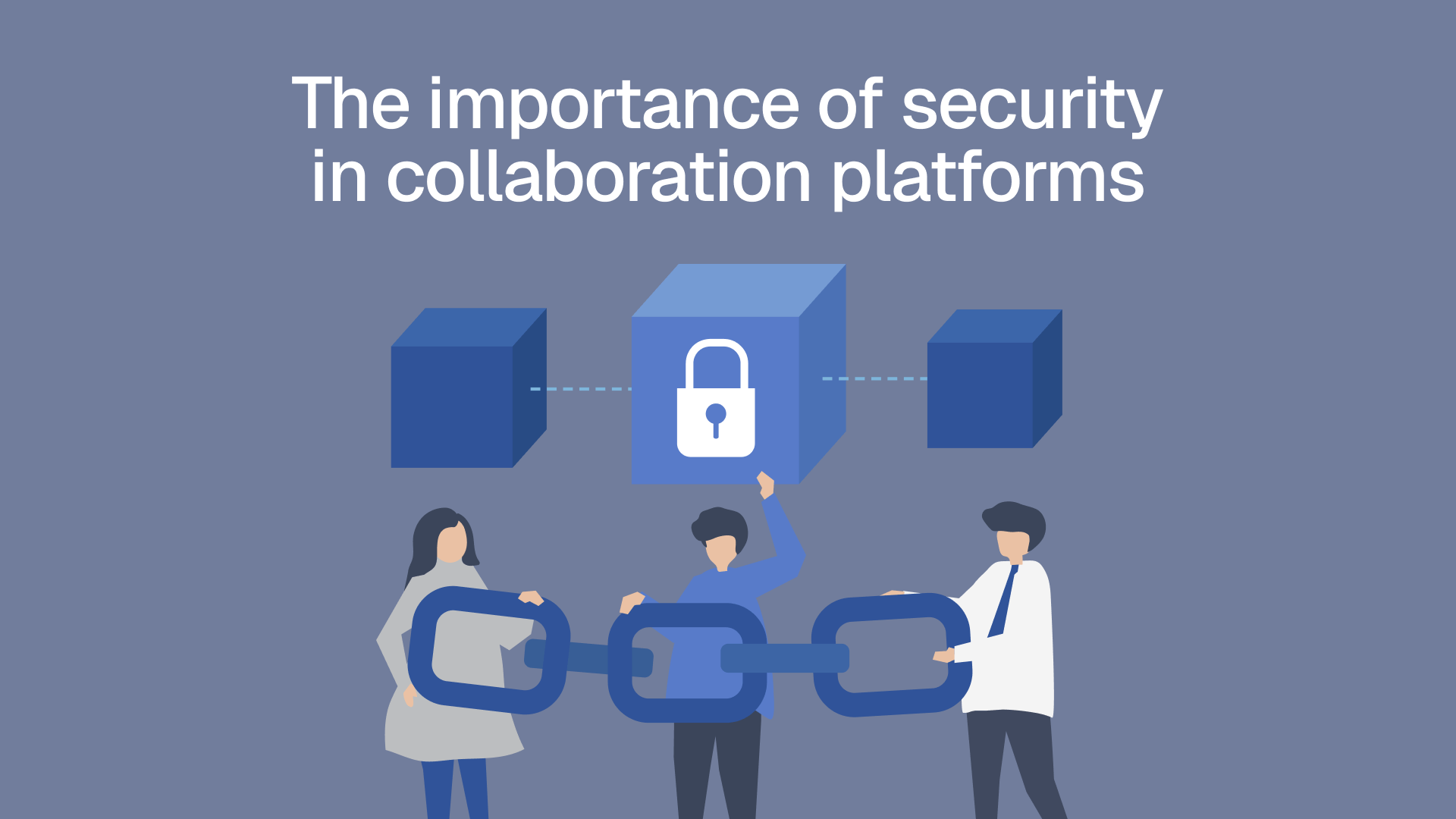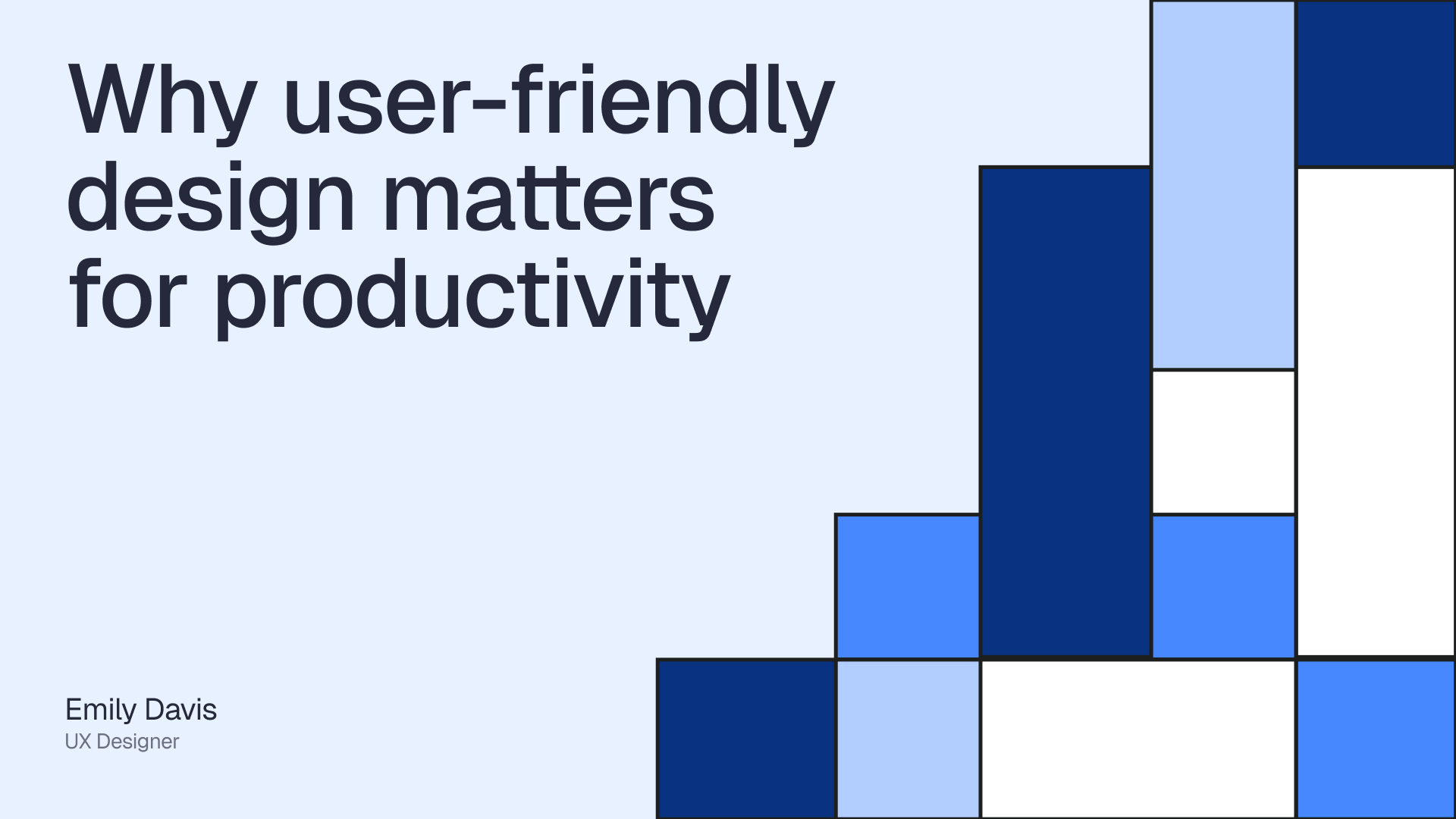
Protecting sensitive data in the digital age
Collaboration platforms have revolutionized the way businesses operate, enabling seamless communication and teamwork across remote and hybrid environments. However, these tools often store sensitive information, such as business plans, customer data, and intellectual property, making them prime targets for cybercriminals. Without robust security measures, organizations risk exposing confidential data, leading to financial losses and reputational damage.
Ensuring business continuity
A security breach in a collaboration platform can disrupt operations, halt workflows, and damage relationships with clients and partners. Features like end-to-end encryption and multi-factor authentication (MFA) are essential for safeguarding communications and preventing unauthorized access. Regular security audits and updates further ensure that vulnerabilities are identified and addressed before they can be exploited.
Compliance with data protection regulations
With stringent data protection laws like GDPR and HIPAA in place, businesses must prioritize security to remain compliant. Failure to secure collaboration tools can result in severe penalties, legal consequences, and loss of stakeholder trust. Implementing access controls and encryption ensures that sensitive data is protected while meeting regulatory requirements.
Building Trust Among Stakeholders
Secure collaboration platforms foster trust among employees, clients, and partners by demonstrating a commitment to protecting shared information. When users feel confident that their data is safe, they are more likely to engage fully with the platform. This trust not only enhances collaboration but also strengthens long-term relationships.
Note: I removed the "Effective collaboration tools..." paragraph as it appeared to be a duplicate from previous content about employee engagement rather than security-focused material.















